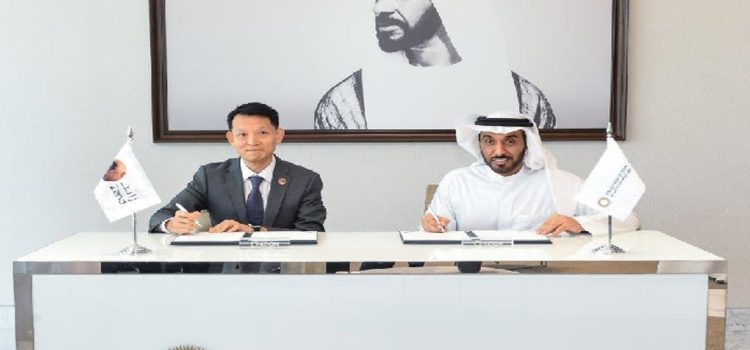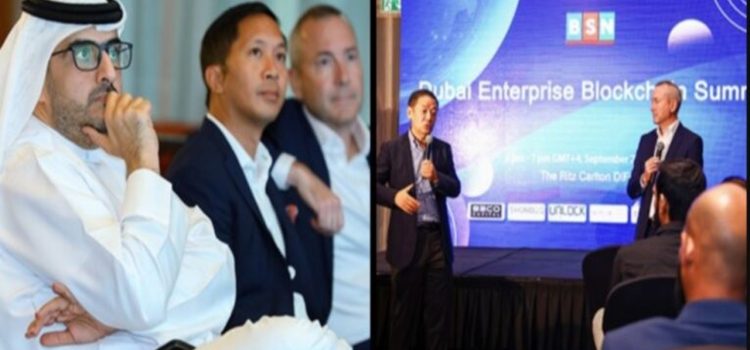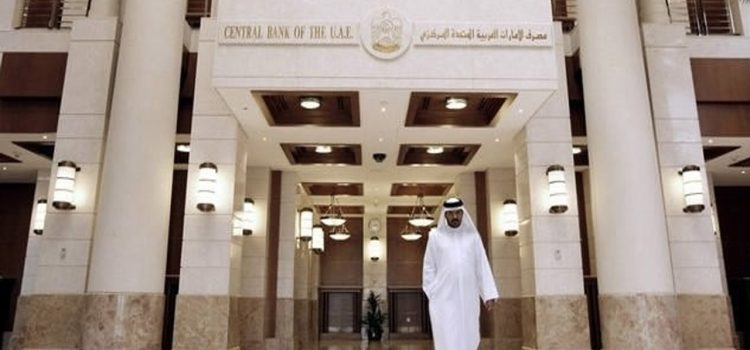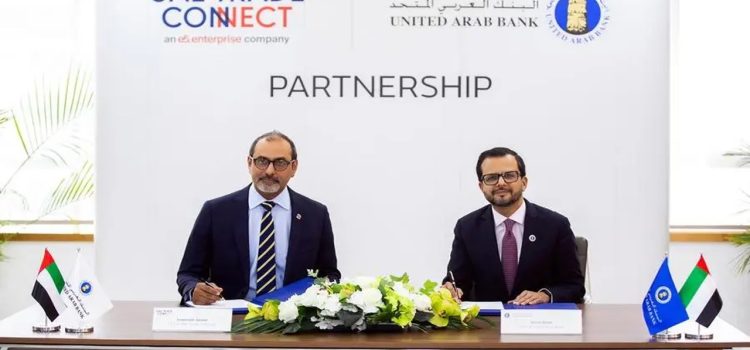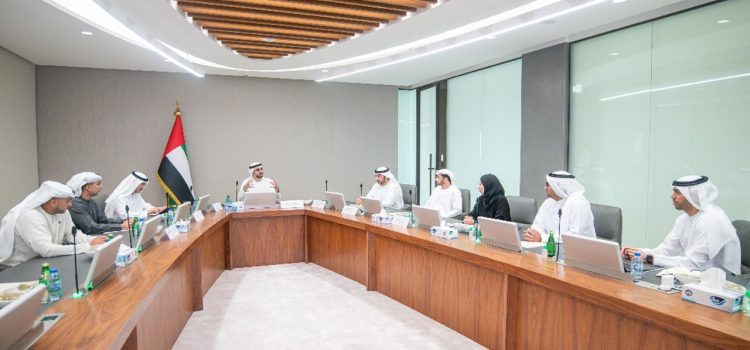
Crypto payment startup FLUUS ( which means money in Arabic) founded by MENA crypto enthusiasts has raised $600,000 ahead of its beta launch. FHS Capital, Base 64 and a number of angel investors participated in the raise.
FLUUS is creating a fiat-crypto on- and off-ramp that will give consumers access to web3 services including token swapping and staking. Its payment solution is designed to eliminate friction and simplify the process of entering and exiting the crypto economy.
Funds raised from the seed round will be used to further develop products and roll out FLUUS’ services, bringing crypto-fiat payments to a global audience.
“We are excited to have the support of FHS Capital and Encryptus.io, two highly reputable investment firms,” said Tey El-Rjula, co-founder and CEO of FLUUS. “Their experience and resources will be invaluable as we continue to grow and scale our business to provide financial technology solutions to onboard the next billion into web3.”
Dr. Fady and Mr. Hesham Hannah-Shmouni, Managing Partners at FHS Capital, stated,“Our investment in FLUUS fits perfectly with our vision for empowering exceptional founders and technologies in the web3 space, enabling customers and partners across key industry verticals to benefit from using blockchain technology.”
More than $1 million in cryptocurrency has already been successfully off-ramped in a private trial of FLUUS’ payment gateway. Funds were used to provide aid in Ukraine with the support of an international NGO. The next development phase will see the beta version of FLUUS’ payment solution opened to a broader market segment.
A number of major partnerships are already in place that will see FLUUS’ payment solution rolled out to millions of web users. These include matchmaking platform Dua.com and the GD10 Ventures ecosystem. The FLUUS payment widget can be easily embedded into third party websites and applications, providing crypto-fiat changing on demand.
FLUUS at present features two flagship products, FLUUS Pay: A regulated and compliant crypto ramping service delivered in collaboration with fintech operators and money transfer networks, and FLUUS Auth: An SDK that allows developers to easily integrate secure and user-friendly sign-up and web3 onboarding into their own applications.
FLUUS was founded in March 2022 with the goal of building solutions that will enhance global access to web3, particularly in emerging markets. To the FLUUS founders, interoperability between financial systems is vital. This is especially important in emerging markets. With FLUUS, users can seamlessly on and off ramp digital currencies using their most convenient payment methods including cash and mobile money.
As a pioneer in digital payment solutions, FLUUS Pay with its public beta launch expected to handle 62.82% of all crypto ramping in Lebanon by Q4 2023. In January 2023, 30% of all ramping in Lebanon was already done through FLUUS Pay, highlighting the platform’s success in providing a user-friendly, secure, and efficient way to buy and sell cryptocurrencies.









